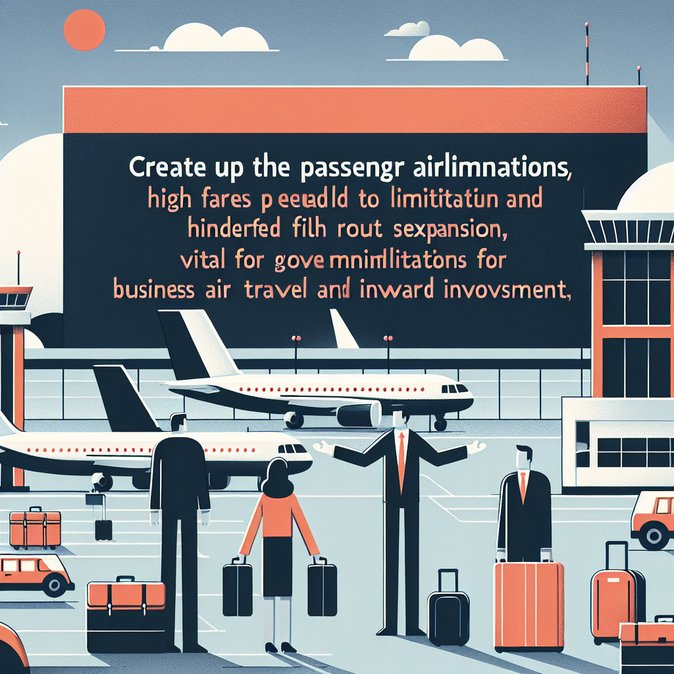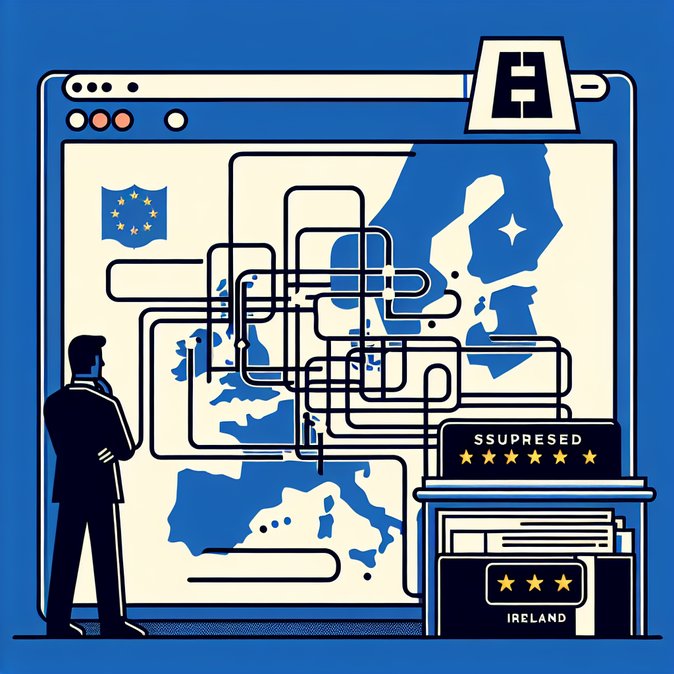
Ireland’s Department of Justice, Home Affairs and Migration has released its Statement of Strategy 2025-2028, a document that will guide immigration and border-management policy for the next three years. Published on 20 November 2025 by Minister Jim O’Callaghan, the plan promises to deliver a “fair and firm” immigration system that simultaneously meets labour-market needs, protects applicants’ rights and steps-up enforcement against overstaying and illegality.
Among the headline commitments is the full domestic implementation of the new EU Migration and Asylum Pact. Officials say this will require end-to-end digital processing of visa, work-permit and asylum applications, integration of biometric enrolment at Garda (police) stations nationwide and the rollout of accelerated asylum procedures for applicants coming from newly designated ‘safe’ countries of origin.
![Ireland publishes 2025-2028 Strategy pledging a “fair and firm” immigration system]()
Corporate mobility teams will welcome the pledge to create “efficient, digital-first” services. According to the Department, average processing times for Critical Skills Employment Permits should fall to four weeks by the end of 2026, while business-travel visa decisions will move to a 48-hour target. The strategy also signals a tougher stance on compliance: new “returns mechanisms” will make it easier to remove failed asylum seekers and visa overstayers, and companies that breach employment-permit conditions could face higher fines and temporary recruitment bans.
The government links the reforms to Ireland’s competitiveness. With unemployment hovering near historic lows and multinationals citing skills shortages, the strategy positions a responsive immigration system as a cornerstone of economic policy. At the same time, it emphasises social cohesion, promising stronger community-integration programmes and a zero-tolerance approach to racism and hate crime.
For global-mobility managers the practical take-away is preparation: application forms, online portals and document check-lists are likely to change quickly once the strategy moves into implementation in early 2026. Employers should review onboarding timelines, budget for possible IT-system integrations with the state’s new digital platforms, and anticipate more rigorous post-arrival audits once enhanced enforcement powers come on stream.
Among the headline commitments is the full domestic implementation of the new EU Migration and Asylum Pact. Officials say this will require end-to-end digital processing of visa, work-permit and asylum applications, integration of biometric enrolment at Garda (police) stations nationwide and the rollout of accelerated asylum procedures for applicants coming from newly designated ‘safe’ countries of origin.

Corporate mobility teams will welcome the pledge to create “efficient, digital-first” services. According to the Department, average processing times for Critical Skills Employment Permits should fall to four weeks by the end of 2026, while business-travel visa decisions will move to a 48-hour target. The strategy also signals a tougher stance on compliance: new “returns mechanisms” will make it easier to remove failed asylum seekers and visa overstayers, and companies that breach employment-permit conditions could face higher fines and temporary recruitment bans.
The government links the reforms to Ireland’s competitiveness. With unemployment hovering near historic lows and multinationals citing skills shortages, the strategy positions a responsive immigration system as a cornerstone of economic policy. At the same time, it emphasises social cohesion, promising stronger community-integration programmes and a zero-tolerance approach to racism and hate crime.
For global-mobility managers the practical take-away is preparation: application forms, online portals and document check-lists are likely to change quickly once the strategy moves into implementation in early 2026. Employers should review onboarding timelines, budget for possible IT-system integrations with the state’s new digital platforms, and anticipate more rigorous post-arrival audits once enhanced enforcement powers come on stream.


